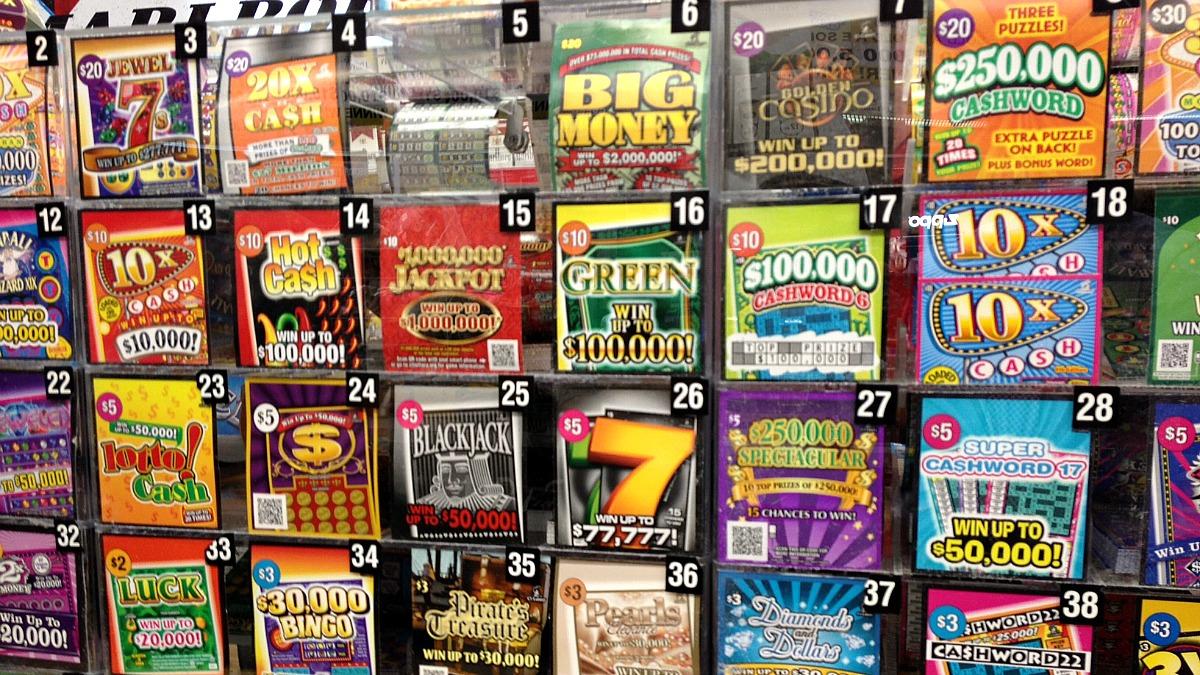Lottery games, often hailed as the epitome of chance and hope, have held humanity in thrall for centuries. Whether it’s the allure of instant wealth or the excitement of defying odds, lotteries have woven themselves into the fabric of cultures worldwide messipoker. Yet, beyond the surface appeal of jackpots and winning numbers lies a rich tapestry of psychology that shapes both the players and the game itself.
The Allure of the Jackpot
At the heart of every lottery game lies the promise of a life-transforming jackpot. It’s the dream of instant wealth, the fantasy of leaving behind the mundane to embrace a world of luxury and abundance. This dream, while seemingly out of reach for many, serves as a potent psychological motivator.
Studies have shown that the allure of the jackpot triggers a release of dopamine in the brain, the neurotransmitter associated with pleasure and reward. Each ticket purchased represents not just a chance at financial windfall but also a psychological investment in the hope for a better future. This anticipation of a positive outcome, however slim the odds, can provide a much-needed escape from the rigors of daily life.
The Gambler’s Fallacy and Illusion of Control
Despite the randomness inherent in lottery draws, many players succumb to what psychologists call the gambler’s fallacy – the belief that past outcomes influence future probabilities. This fallacy leads individuals to perceive patterns where none exist, convincing themselves that certain numbers are “due” to appear or that their chances of winning increase with each ticket bought.
Similarly, the illusion of control plays a significant role in shaping players’ behavior. By selecting their own numbers or choosing specific combinations, players feel a sense of agency over the outcome, however illusory it may be. This perception of control can provide a comforting illusion of predictability in an inherently unpredictable game.
Social Influence and Herd Mentality
Lottery games are not just individual pursuits but also social phenomena shaped by collective behavior. Social influence plays a crucial role in driving ticket sales, particularly during times of heightened jackpot sizes or widespread media coverage. The fear of missing out (FOMO) and the desire to conform to social norms compel individuals to participate, even when rational analysis would suggest otherwise.
Moreover, the public spectacle surrounding lottery winners further fuels the collective imagination, reinforcing the belief that anyone could be the next lucky recipient of fortune’s favor. This perpetuates a cycle of participation driven by both individual aspirations and communal expectations.
Coping Mechanisms and Escapism
For many players, engaging in lottery games serves as a coping mechanism, offering a temporary reprieve from the uncertainties and challenges of life. The act of purchasing a ticket represents a small indulgence, a brief moment of optimism amidst the daily grind. Even in the face of overwhelming odds, the act of dreaming is itself a form of psychological reward.
Lottery games also provide a form of escapism, allowing individuals to momentarily transcend their socioeconomic circumstances and envision a different reality. In a world fraught with inequality and hardship, the lottery offers a glimmer of hope, however fleeting it may be.
